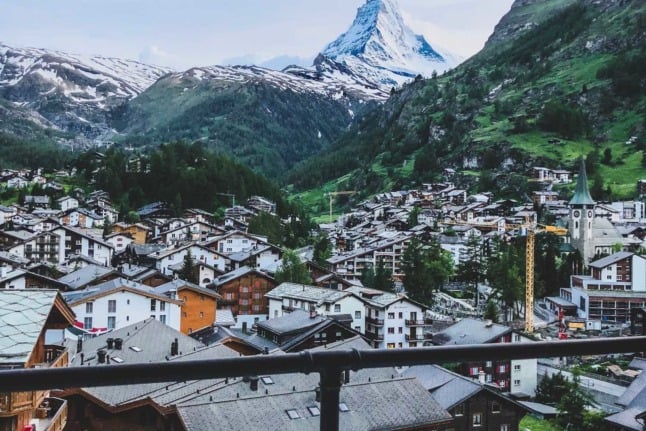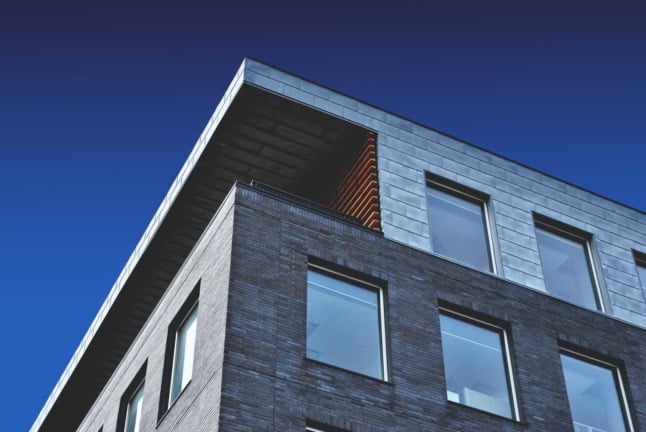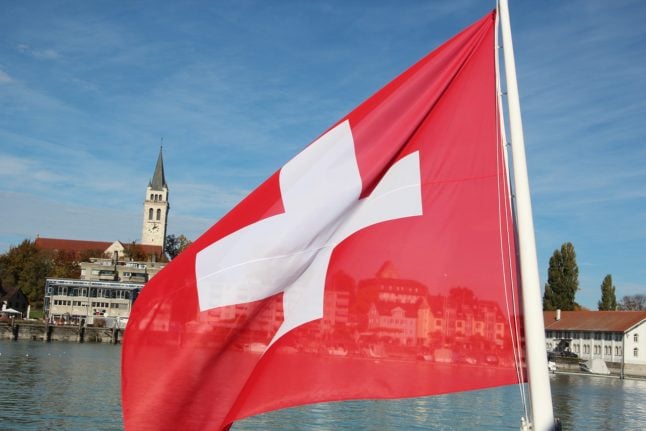The Lex Koller rules place restrictions, among other laws, on foreigners buying homes in Switzerland.
Please keep in mind that this is a broad guide. With Switzerland’s federal system, cantons and municipalities have a lot of discretion – which can mean the rules are dramatically different in different areas.
Swiss citizens can buy homes in Switzerland. The main factor in whether or not a foreigner can buy a home will be whether they live in Switzerland or not, although those who do not live here are not completely restricted.
As Switzerland is not a member of the EU, less weight is given to whether someone is an EU citizen or not.
That said, it is infinitely easier for EU citizens to live in Switzerland, so they have a much better chance of satisfying the residency requirement.
Here’s what you need to know.
Can foreigners buy homes in Switzerland?
One important consideration is whether a person is a Swiss citizen/resident or not.
Generally speaking, foreigners are allowed to buy homes in Switzerland if they reside in Switzerland.
If you are living in Switzerland as an EU/EFTA citizen or have a C permit, you can purchase property – indeed you have the same rights as Swiss citizens when it comes to purchasing property.
You do not need a permit or any additional permissions that a Swiss citizen would not require to purchase property.
What about ‘third-country nationals’ who live in Switzerland?
OK, so you might not be an EU/EFTA citizen, but you live in Switzerland from a non-EU country – making you a ‘third-country national’.
If you have legal residency here (i.e. a B permit), you can buy property in Switzerland – provided you plan to live in the property (i.e. an owner-occupied flat/condominium, build on land which you own or a move into a family house).
According to Swiss government information, in order to satisfy the residency requirement this will usually be a B Permit for foreign nationals.
You will also need to continue living in the residence for the time you live in Switzerland. If you are building on land you own, you will need to do so within a year of purchasing the land.
More information on that is available at the following link.
READ MORE: Can foreigners buy property in Switzerland?
As for second homes, while residency will be taken into account, it is not the only factor.
What are the rules for buying holiday homes in Switzerland?
Swiss nationals and residents are by and large not restricted from buying a second home in Switzerland as the Lex Koller rules (see below) do not apply to them.
The rules for buying a second home or holiday home are remarkably complex and are a product of successive efforts to prevent too many houses being owned by people from abroad.
That said, it is still possible to buy a second home in Switzerland under certain conditions.
The first and most important legal framework for second home owners is the Lex Koller rule.
Passed in 1961 and subsequently amended a dozen times, Lex Koller basically means that non-resident foreigners can only buy homes – including second homes – under certain circumstances or based on a permit.
Put simply, this basically means that if you are not a resident or a citizen, you will need to get permission from the canton or municipality in order to buy.
However, several cantons are exempt from this requirement.
In Appenzell Ausserrhoden, Bern, Freiburg, Glarus, Grisons, Jura, Lucerne, Neuchâtel, Nidwalden, Obwalden, St. Gallen, Schaffhausen, Schwyz, Ticino, Uri, Vaud and Valais, you will not need to get permission to buy a holiday home.
There are rules on what kind of holiday homes can be bought though. The homes need to be under 200 square metres* and the plot itself must be less than 1,000 metres.
*The 200 square metres includes all rooms, kitchen, bathrooms etc, but does not include stairwells, basements, balconies and other areas.
What about holiday homes?
The process has also been made more difficult due to the second homes ordinance – known as the “Stop the endless construction of second homes” ordinance – which passed in 2013.
Pursuant to this ordinance, municipalities which have more than 20 percent second homes (of their entire housing stock), can only approve the construction of second homes under certain conditions.
There are also annual restrictions at a national level. Only 1,500 holiday apartments can be sold to non-Swiss nationals.
This is imposed on a cantonal basis, meaning that larger cantons have more than 300 homes per year while smaller cantons can have as few as 20.

What about non-residential property?
Keep in mind that this all relates to homes for the purpose of residence, rather than commercial properties (which includes serviced apartments and hotels) or places with other economic use.
Generally speaking foreigners are not restricted from acquiring commercial real estate provided it is non-residential, although the legal situation is a little shaky.
The Legal Affairs Committee of the Swiss National Council recently banned the purchase of commercial real estate in Switzerland by foreign nationals in some cases.
What rights do I get as a second home owner in Switzerland?
Unfortunately for non-citizens and non-residents, buying a home does not generally confer any additional rights with regard to residency.
This is emphatically ruled out by the Swiss government.
“Owning real estate in Switzerland does not confer any entitlement to a residence permit,” says the official guidance.
READ MORE: How wealthy foreigners can ‘buy’ a Swiss residence permit
If you are an EU citizen, then you will be able to live in Switzerland under freedom of movement rules.
If you are not then you will usually only be able to spend time in Switzerland under the 90/180 rule.
This means that you can spend a maximum of 90 days in Switzerland out of 180 consecutive days, provided you have a visa to do so (i.e. a tourist visa).
Please note: This report, as with all our articles, is a guide only and should not take the place of legal advice.



 Please whitelist us to continue reading.
Please whitelist us to continue reading.
Member comments